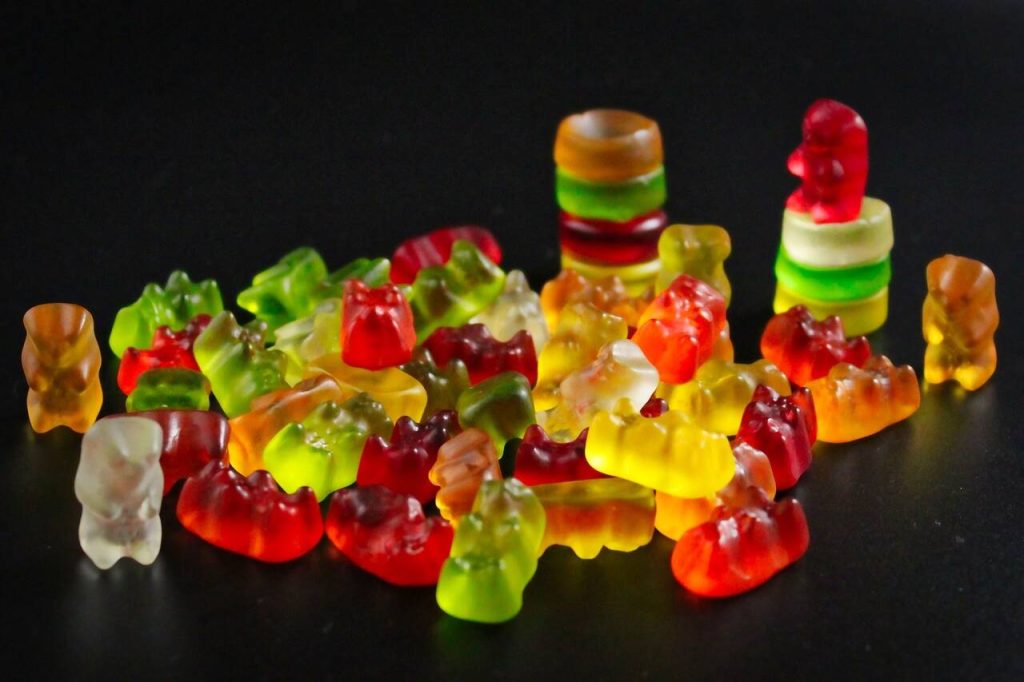Delta-8 tetrahydrocannabinol THC has emerged as a notable player in the cannabis market, attracting considerable attention from consumers and industry experts alike. As a cannabinoid derived from hemp, Delta-8 offers a unique alternative to its more well-known counterpart, Delta-9 THC, which is the primary psychoactive compound in marijuana. The growing interest in Delta-8 can be attributed to its distinctive effects, potential therapeutic benefits, and the legal complexities surrounding hemp-derived products. One of the most compelling aspects of Delta-8 is its milder psychoactive properties. Users often report that Delta-8 provides a more clear-headed and less anxious experience compared to Delta-9. This makes it particularly appealing for those who are new to cannabis or are sensitive to the stronger effects of traditional THC. Consumers have described Delta-8 as offering a pleasant euphoria without the overwhelming high that can accompany Delta-9 use. This balance has positioned Delta-8 as a favorable option for recreational users looking for an enjoyable experience without the intensity that sometimes leads to discomfort or paranoia.

In addition to its psychoactive effects, Delta-8 is being explored for its potential therapeutic benefits. Preliminary research suggests that Delta-8 may possess anti-nausea, anti-anxiety, and appetite-stimulating properties. These attributes make it a promising candidate for patients undergoing treatments such as chemotherapy, where nausea and loss of appetite are common side effects. Furthermore, the cannabinoid’s anti-inflammatory properties are gaining attention, positioning it as a potential natural remedy for various health issues. As more research is conducted, the therapeutic applications of Delta-8 may expand, offering new avenues for medical cannabis treatment. The legal landscape surrounding Delta-8 products has also contributed to their rising popularity. Because Delta-8 is often synthesized from CBD, which is abundant in hemp, it exists in a legal gray area in many states. This has allowed companies to market Delta-8 products, such as gummies, oils, and vape cartridges, without the same legal restrictions as Delta-9 THC products in many regions. As a result, consumers in states where cannabis remains illegal have found a legal means to access the benefits of THC through Delta-8.
However, the rapid rise of Delta-8 products has not been without its challenges. The lack of regulation in the production and sale of Delta-8 can lead to concerns about product quality and safety. The trusted delta 8 brands products on the market may not undergo rigorous testing for potency and contaminants, which raises questions about consumer safety. Additionally, some states are beginning to regulate or ban Delta-8 products, creating a patchwork of legality that can be confusing for consumers. In conclusion, Delta-8 products represent a fascinating development in the cannabis market, appealing to both recreational users and those seeking therapeutic benefits. Its milder effects, potential health benefits, and unique legal status contribute to its rising star status among cannabinoids. However, as the market continues to grow, it is crucial for consumers to seek out reputable brands and products that prioritize quality and safety. The future of Delta-8 looks promising, with ongoing research and potential regulation paving the way for a more informed and responsible cannabis landscape.
